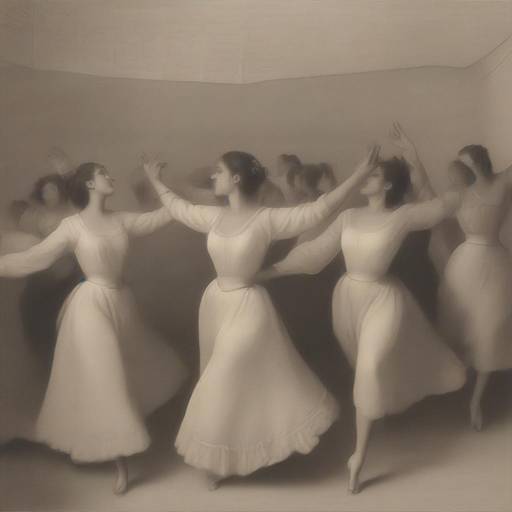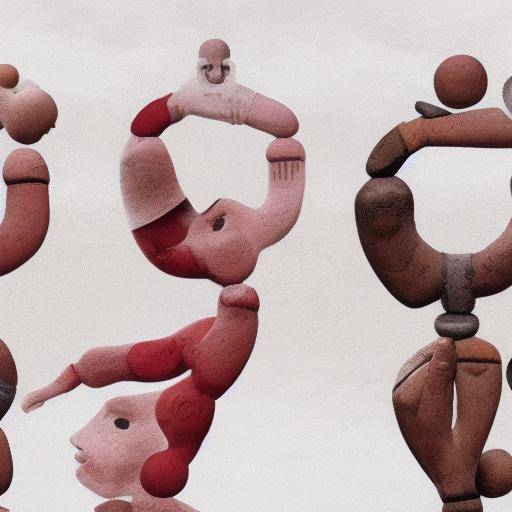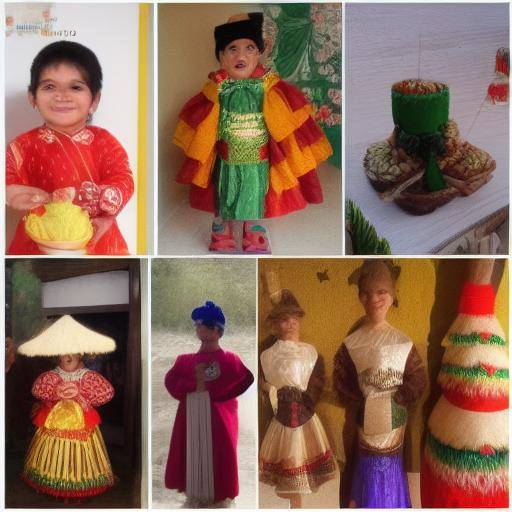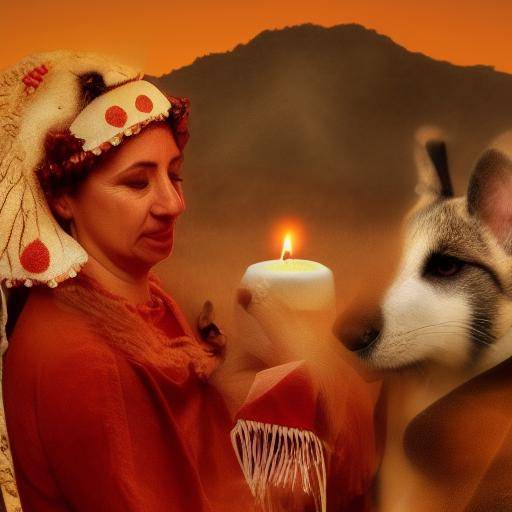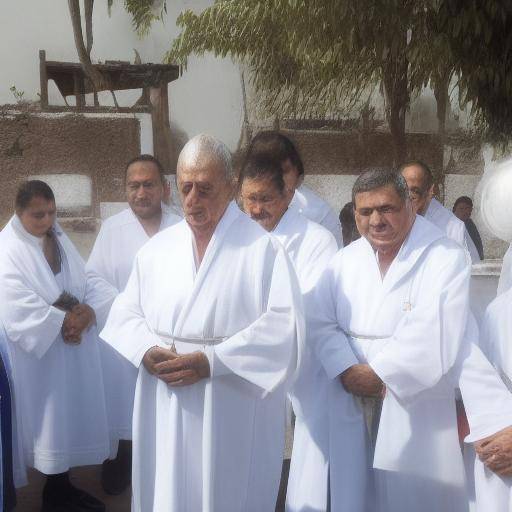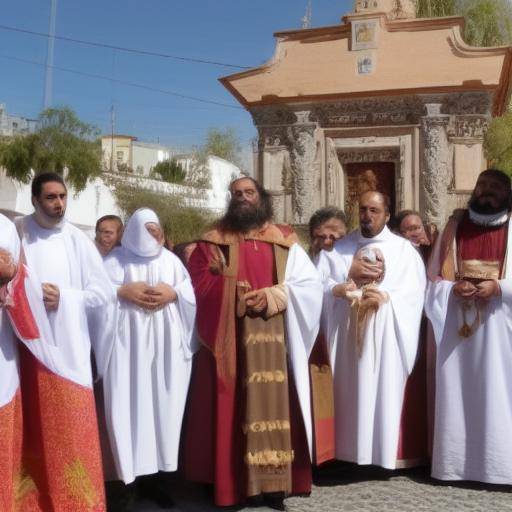
Introduction
The rites of initiation have played a fundamental role in different religions throughout history. Since ancient times, these rituals mark the passage of an individual to a new stage of his life, giving him a sense of belonging and commitment to his religious community. In this article, we will explore in depth the relationship between the rites of initiation and religion, analyzing its meaning, historical evolution, contemporary implications and its relevance today.
History and Background
The rites of initiation, often associated with vital transitions such as birth, maturity, marriage and death, have been a cultural constant in different religions throughout history. From ancient civilizations to contemporary religions, these rituals have played a crucial role in the formation and cohesion of religious communities.
In ancient Greece, for example, the rite of initiation known as 'Eleusinos mysteries' involved participation in secret ceremonies, symbolizing spiritual search and initiation into divine mysteries. Likewise, in the Christian context, the sacrament of baptism, which symbolizes spiritual purification and birth to a new life in Christ, represents a rite of fundamental initiation for the Christian faith.
Analysis in Deep
The rites of initiation have a variety of functions within religions, ranging from establishing identity and social status to facilitating the transmission of traditions and values. Through these rituals, individuals are trained to assume roles and responsibilities within their religious communities, strengthening their commitment and active participation in religious practice.
At present, initiation rites continue to play a significant role in the religious life of different communities around the world. For example, within Hinduism, the initiation ceremony known as 'Upanayana' marks the acceptance of the student on the path of spiritual learning under the guidance of a spiritual master. This rite symbolizes the individual's commitment to the quest for divine knowledge and its integration into the religious community.
Comprehensive review
The rites of initiation are not only fundamental to the individual development of the faithful, but also play a crucial role in the preservation of religious traditions and community cohesion. These rituals represent turning points in the religious life of individuals, providing a sense of continuity and connection with past, present and future generations of the religious community.
Comparatively, different religions adopt different approaches to initiation rites. While some emphasize the importance of spiritual purification, others highlight the transition to specific roles within the religious community. However, despite these variations, the presence of rites of initiation is a constant in religions, showing its universal importance.
Conclusions and FAQs
In conclusion, the rites of initiation are an essential element in religious practice, marking the transit of individuals into a life committed to their faith and religious community. These rituals have a rich history and play a vital role in the spiritual and social formation of the faithful in different religious traditions.
Frequently asked questions
What is the main purpose of the rites of initiation into religions?
The rites of initiation seek to mark significant transitions in the life of the faithful, strengthening their connection with the religious community and transmitting values and traditions.
Are there significant differences in the rites of initiation among different religions?
Yes, each religion addresses initiation rites uniquely, reflecting their specific beliefs and practices. These differences enrich cultural and religious diversity.
Are the rites of initiation still relevant in contemporary society?
Despite cultural and social changes, the rites of initiation maintain their relevance in religious practice, giving individuals a sense of identity and connection with their religious community.
What is the psychological impact of initiation rites on participants?
The rites of initiation can generate a deep sense of belonging and self-esteem in the participants, strengthening their commitment to their faith and religious community.
How have initiation rites evolved over time?
The rites of initiation have evolved to adapt to sociocultural changes, keeping their relevance and meaning in the lives of the faithful in different religions.
What is the role of religious leaders in organizing the rites of initiation?
Religious leaders play a central role in the supervision and realization of the initiation rites, guiding participants in their spiritual and community transition.
Are there differences between feminine and male initiation rites in different religions?
Yes, in many religions, initiation experiences and rituals vary by gender, reflecting the gender structures and roles present in religious communities.
Through the exploration of these topics, we hope to have provided an integral view of the relationship between the rites of initiation and religion, highlighting its importance, historical evolution, contemporary implications, and its continuing relevance in various religious traditions.


